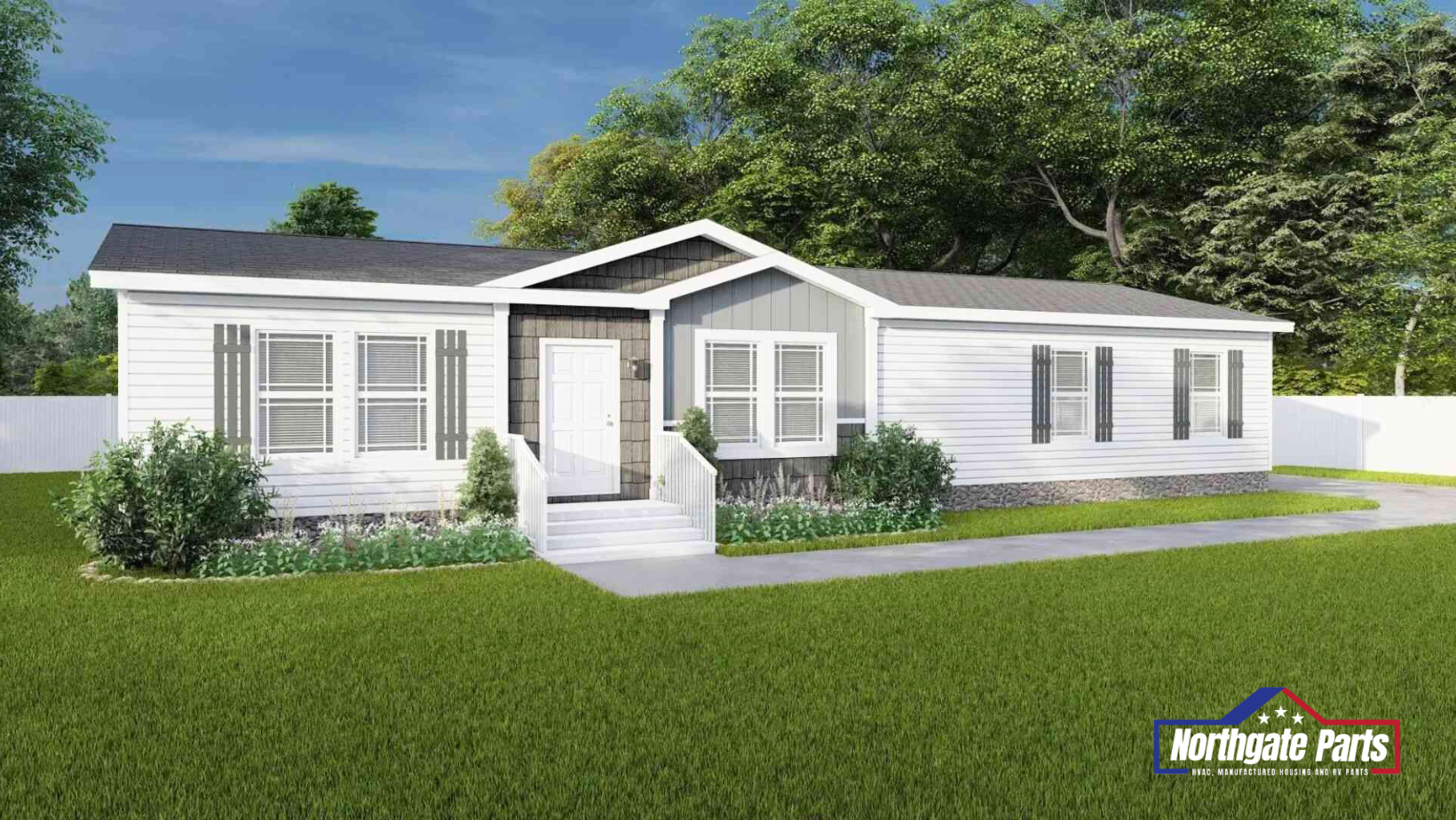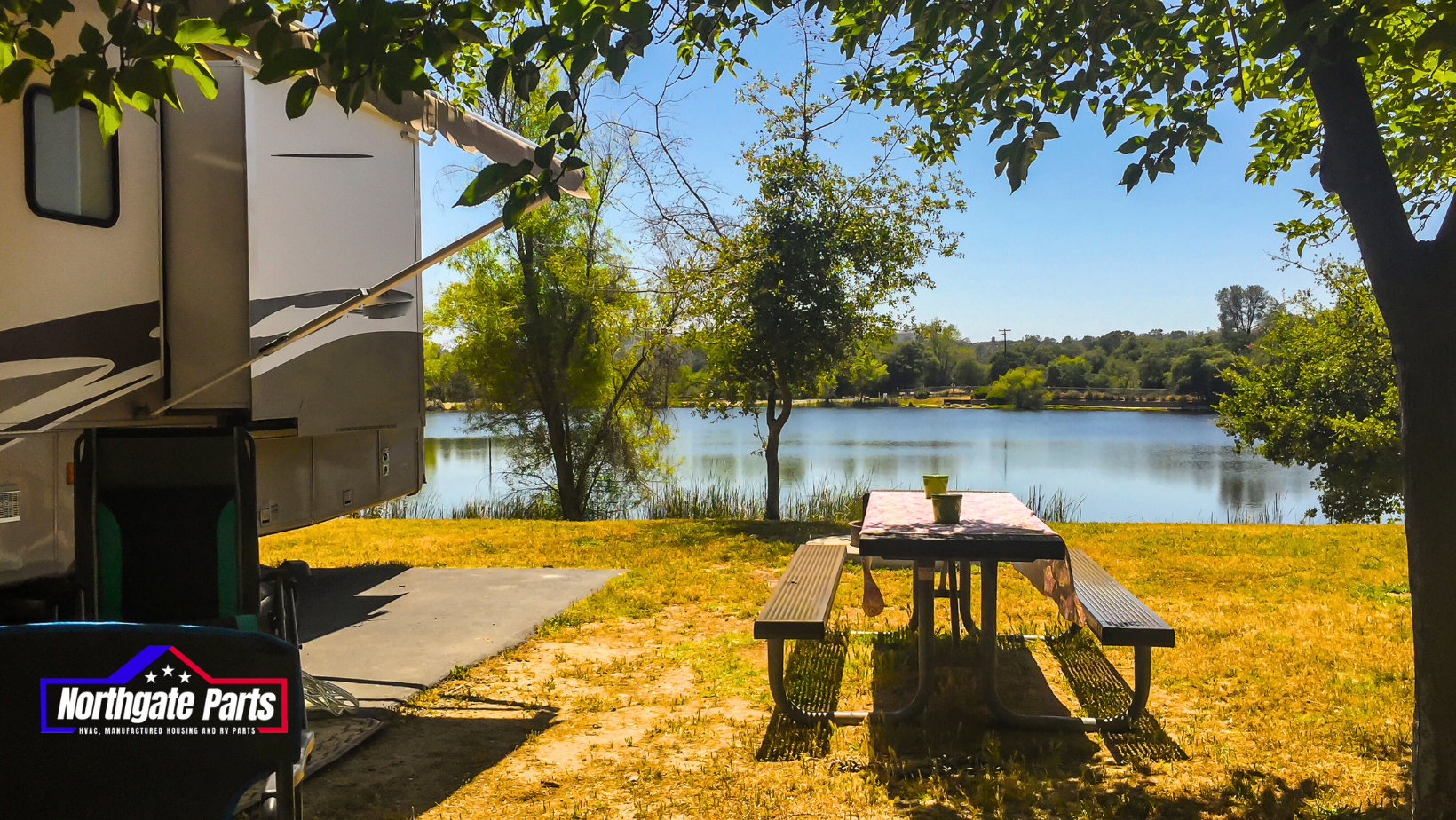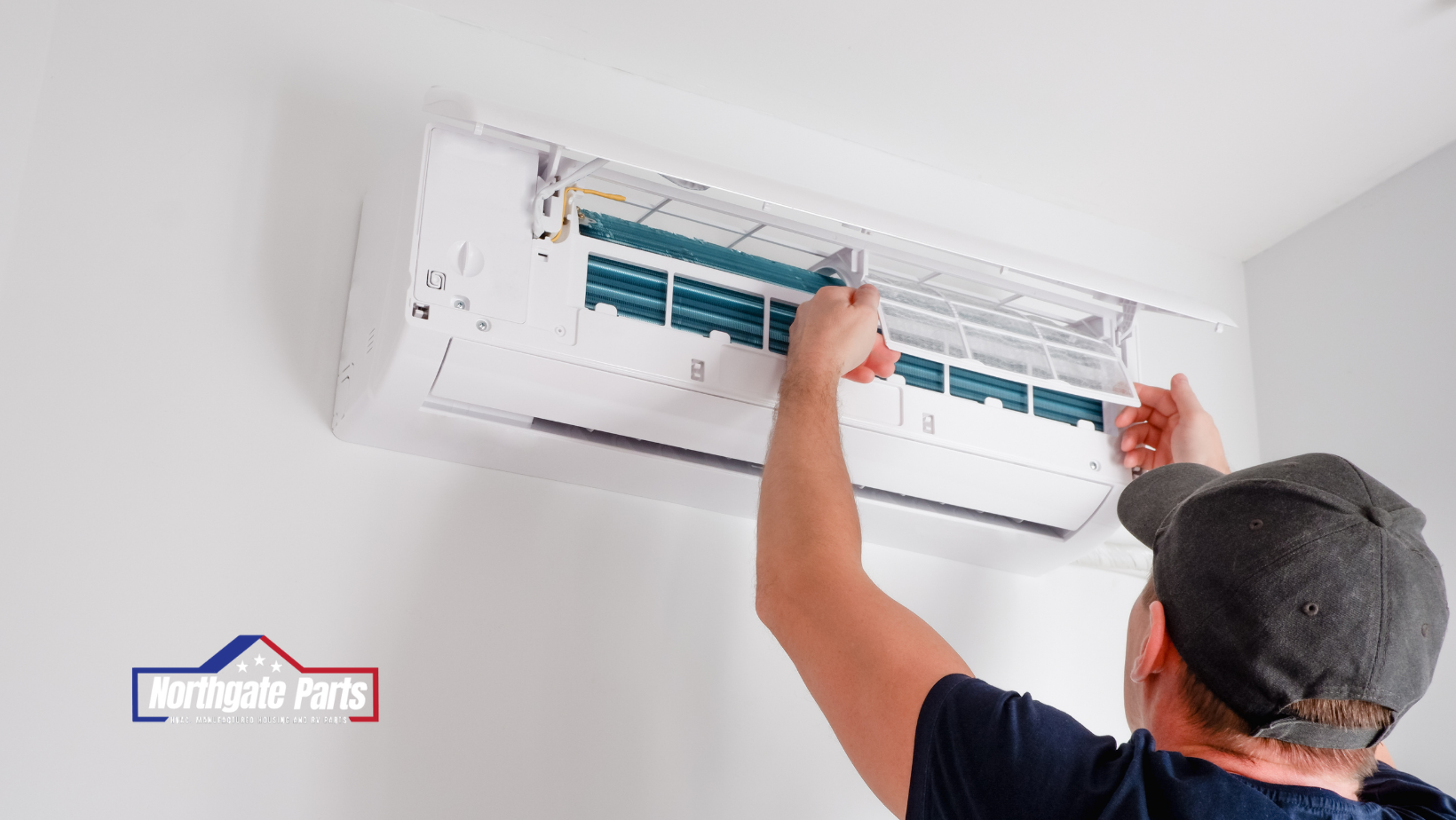Mobile Home Furnace vs. Heat Pump: Which HVAC System Is Right for You?
When it comes to heating your mobile home, choosing the right HVAC system is crucial for ensuring comfort, efficiency, and cost-effectiveness.
Two popular options are mobile home furnaces and heat pumps. Each system has its own set of benefits and considerations, making it important to understand their differences and how they can impact your home. In this comprehensive guide, we'll explore the key features of mobile home furnaces and heat pumps, helping you make an informed decision. Whether you need HVAC repair or are considering a new installation, Northgate Parts and experienced Chattanooga HVAC contractors are here to guide you.
Understanding Mobile Home Heating Systems
Before diving into the specifics of furnaces and heat pumps, it's important to understand the basic components and functions of mobile home heating systems:
- Furnace: A furnace heats air and distributes it throughout your home via ducts. It can be powered by electricity, gas, or oil, depending on your setup.
- Heat Pump: A heat pump transfers heat from the outside air into your home during the winter and reverses the process to cool your home in the summer. It operates using electricity and can serve as both a heater and air conditioner.
Mobile Home Furnace vs. Heat Pump
1. Heating Efficiency
Furnace
Mobile home furnaces are designed to provide consistent heat by warming air and distributing it through ductwork. They come in various types:
- Gas Furnaces: These are highly efficient and cost-effective if natural gas is readily available. They offer quick heating and are ideal for colder climates.
- Electric Furnaces: These are often used where gas is not available. They are generally less efficient than gas furnaces and can lead to higher energy bills.
- Oil Furnaces: These are less common but are used in areas where oil is more accessible.
Heat Pump
Heat pumps are known for their versatility and efficiency. They can provide both heating and cooling, making them a year-round solution. Key advantages include:
- Energy Efficiency: Heat pumps are highly efficient because they transfer heat rather than generating it. They can provide up to three times more heat energy than the electrical energy they consume.
- Dual Functionality: A heat pump can act as both a heater and air conditioner, reducing the need for separate systems.
2. Cost Considerations
Furnace
The initial cost of installing a furnace can vary based on the type and efficiency of the unit. Generally, gas furnaces have a higher upfront cost but lower operating costs compared to electric or oil furnaces.
- Installation Costs: The cost of installing a furnace includes both the unit and labor. Gas furnaces typically cost more to install due to the need for gas lines.
- Operating Costs: Gas and oil furnaces usually have lower operating costs compared to electric furnaces, especially in areas with colder climates.
Heat Pump
Heat pumps have a higher initial cost compared to traditional furnaces but can save money in the long run due to their energy efficiency.
- Installation Costs: Installing a heat pump can be more expensive, particularly if ductwork needs to be added or modified. However, many HVAC companies in Chattanooga and Knoxville offer financing options.
- Operating Costs: Heat pumps generally have lower operating costs because they use less energy to move heat rather than generate it. They are particularly cost-effective in mild climates.
3. Climate Suitability
Furnace
Furnaces are well-suited for colder climates where consistent heating is required. They provide reliable warmth even in freezing temperatures and are designed to handle extreme cold conditions effectively.
- Cold Weather Performance: Gas and oil furnaces are highly effective in extremely cold weather, ensuring your home remains warm and comfortable.
- Backup Heating: In very cold areas, electric furnaces can be used as a backup system to complement a primary heating source.
Heat Pump
Heat pumps perform best in moderate climates where temperatures do not drop excessively. They are less efficient in extremely cold weather but can be complemented by a backup heating source.
- Mild Weather Performance: Heat pumps are ideal for regions with mild winters. They can handle temperatures down to around 30°F efficiently.
- Cold Weather Solutions: In colder climates, heat pumps can be paired with a supplemental heating system to enhance performance during extreme cold spells.
4. Maintenance and Longevity
Furnace
Furnaces require regular maintenance to ensure optimal performance and longevity. Key maintenance tasks include:
- Filter Replacement: Regularly replacing or cleaning filters to ensure proper airflow.
- Annual Inspections: Scheduling annual inspections with a Chattanooga HVAC contractor to check for issues and maintain efficiency.
- Cleaning: Keeping the furnace and ductwork clean to prevent dust and debris buildup.
Heat Pump
Heat pumps also require routine maintenance to keep them running efficiently. Important maintenance tasks include:
- Filter Maintenance: Regularly cleaning or replacing air filters to maintain airflow and efficiency.
- Coil Cleaning: Cleaning the evaporator and condenser coils to prevent dirt buildup.
- System Checks: Having a professional inspect the system annually to ensure both heating and cooling functions are working properly.
5. Environmental Impact
Furnace
The environmental impact of a furnace depends on its fuel source:
- Gas Furnaces: Produce fewer emissions compared to oil furnaces but still contribute to greenhouse gases.
- Electric Furnaces: Can be less environmentally friendly depending on the source of electricity.
- Oil Furnaces: Generally have a higher environmental impact due to emissions from burning oil.
Heat Pump
Heat pumps are considered environmentally friendly because they use electricity to transfer heat rather than burning fossil fuels.
- Low Emissions: Heat pumps have a lower carbon footprint compared to gas or oil furnaces.
- Renewable Energy: When powered by renewable energy sources, heat pumps can provide nearly carbon-neutral heating and cooling.
Choosing the Right HVAC System for Your Mobile Home
Deciding between a mobile home furnace and a heat pump depends on various factors including climate, budget, and personal preferences. Here are some considerations to help you make the right choice:
- Assess Your Climate: If you live in an area with harsh winters, a furnace might be more suitable. For milder climates, a heat pump could be a more efficient option.
- Evaluate Your Budget: Consider both the initial installation costs and long-term operating costs. While heat pumps have a higher upfront cost, they may offer savings over time.
- Consider Dual Functionality: If you want a system that can provide both heating and cooling, a heat pump offers versatility.
Choosing the right HVAC system for your mobile home is crucial for ensuring comfort and efficiency.
Both mobile home furnaces and heat pumps have their unique benefits and considerations. By understanding their differences, you can make an informed decision that meets your heating and cooling needs. Whether you need a new installation or HVAC repair, Northgate Parts is your trusted partner for high-quality mobile home parts and expert services in Chattanooga and Knoxville. Reach out to us for personalized assistance and enjoy a comfortable home environment all year long.
Ready to upgrade your Mobile Home HVAC system?
If you're ready to upgrade your mobile home HVAC system or need expert advice on choosing between a furnace and a heat pump, contact Northgate Parts at (423) 870-1515. Our team of Chattanooga HVAC contractors and mobile home HVAC experts is here to assist you with top-quality HVAC repair, installation, and maintenance services. Don't wait—call us today to ensure your home stays comfortable all year round.




